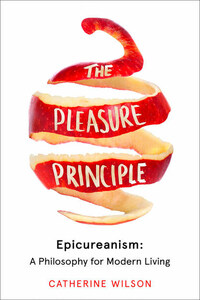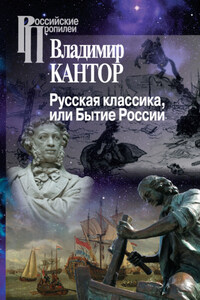How to Be an Epicurean

‘Pleasure should be the basis of all our decisions’: so said the Epicureans. But there’s more to this school of thought than fine wine, rich food and great sex aplenty.Epicureanism is often misguidedly equated with hedonism. But this rational and humane philosophy offers and advocates so much more than opulent self-indulgence. Instead, this school of thought encourages a life free from anxiety, stresses the importance of friendship, and champions knowledge as one of the greatest pleasures. Join Professor Catherine Wilson on a journey to the heart of Epicurean sentiment and discover a framework through which we can lead richer, more fulfilling lives.Grappling with some of life’s biggest questions along the way, Catherine reveals the Epicurean approach to life’s fundamental questions: What is the purpose of morality? How best to tackle love and relationships? What is the meaning of life? How should you cope with death? All within the aim of thoughtfully pursuing long-term pleasure in its various forms, Epicureanism reveals a more immediate and practical answer these seemly intangible dilemmas.Drawing on a wellspring of ancient philosophy, harnessed and repurposed for a contemporary audience, How to be an Epicurean offers a timely guide for modern living that advocates the importance of maintaining friendships; the benefits of working alone; creating time for personal reflection and growth; and many more things besides.







